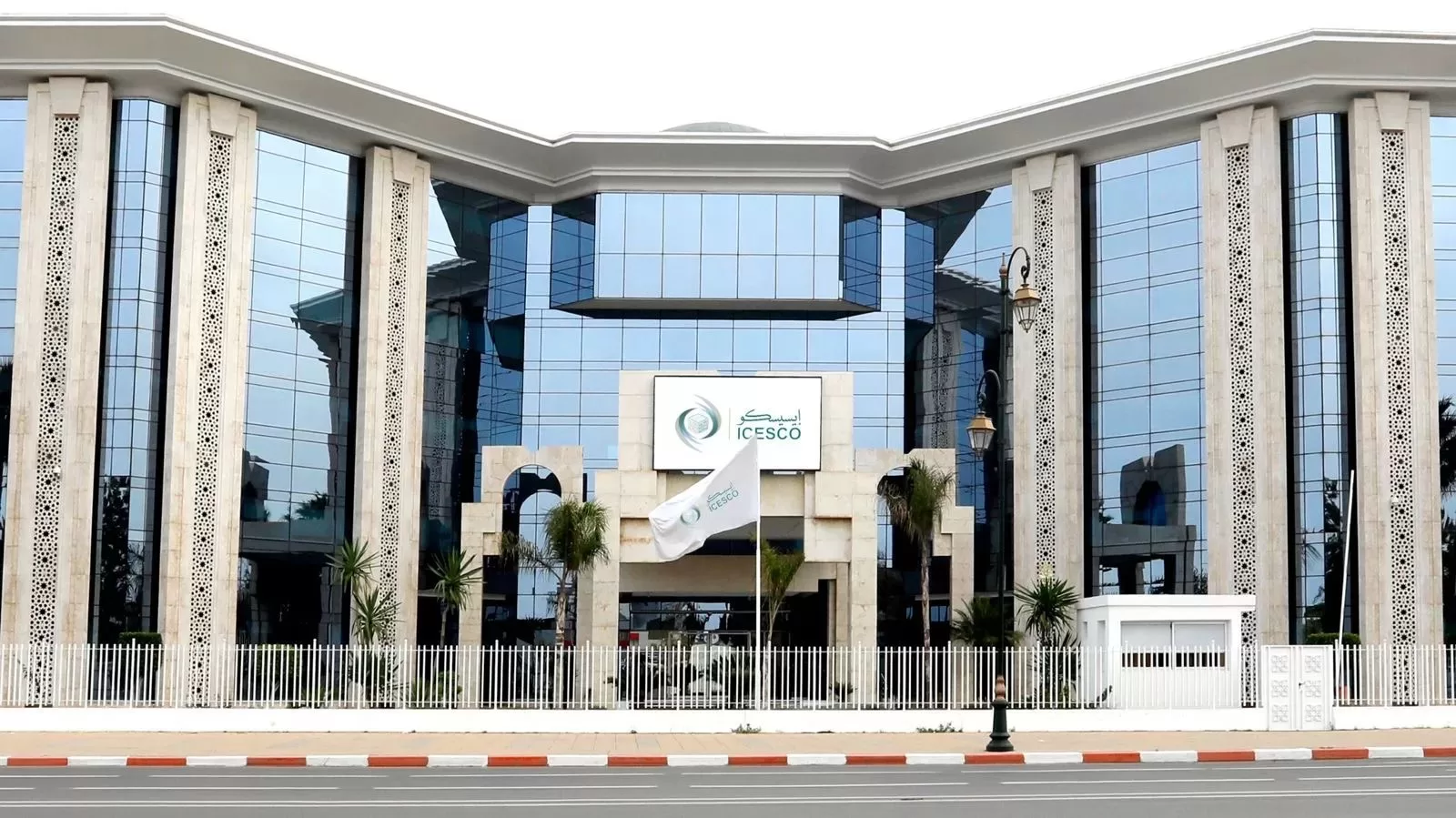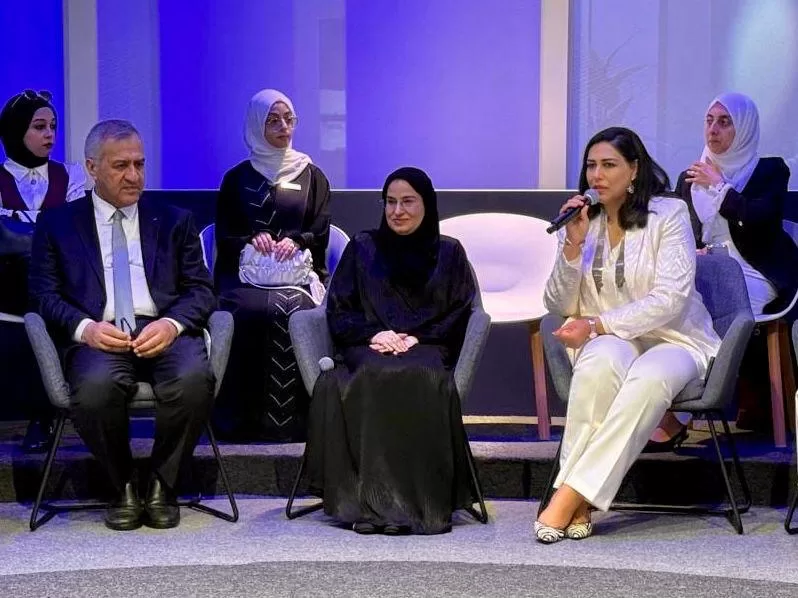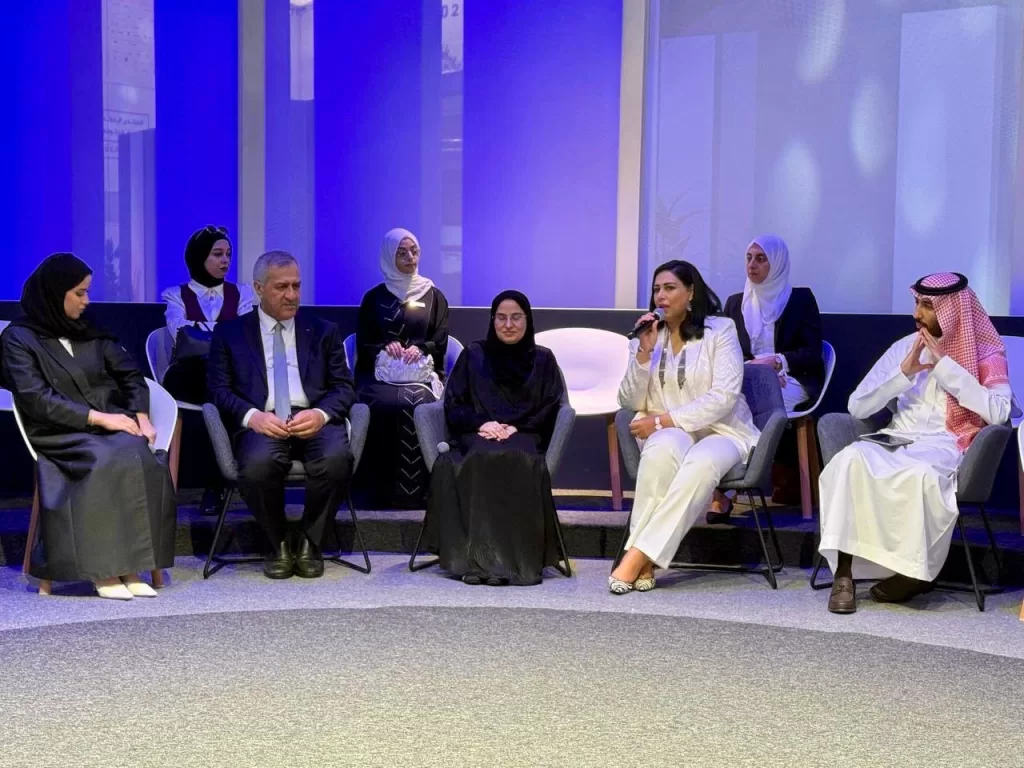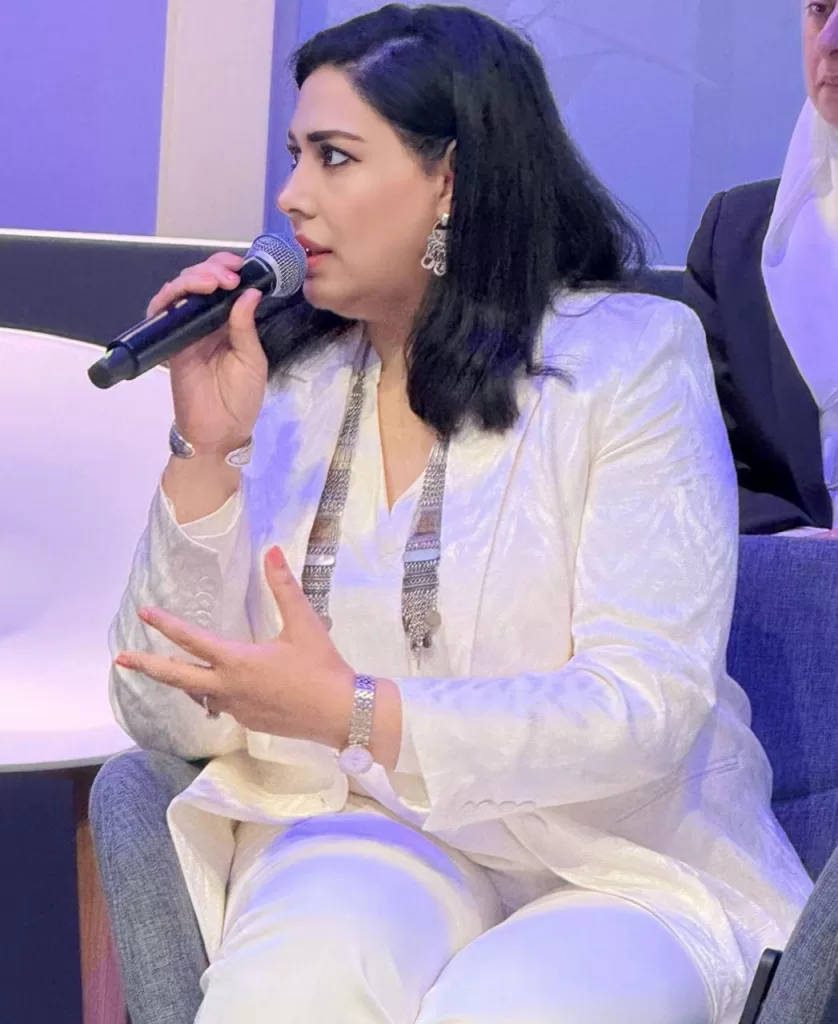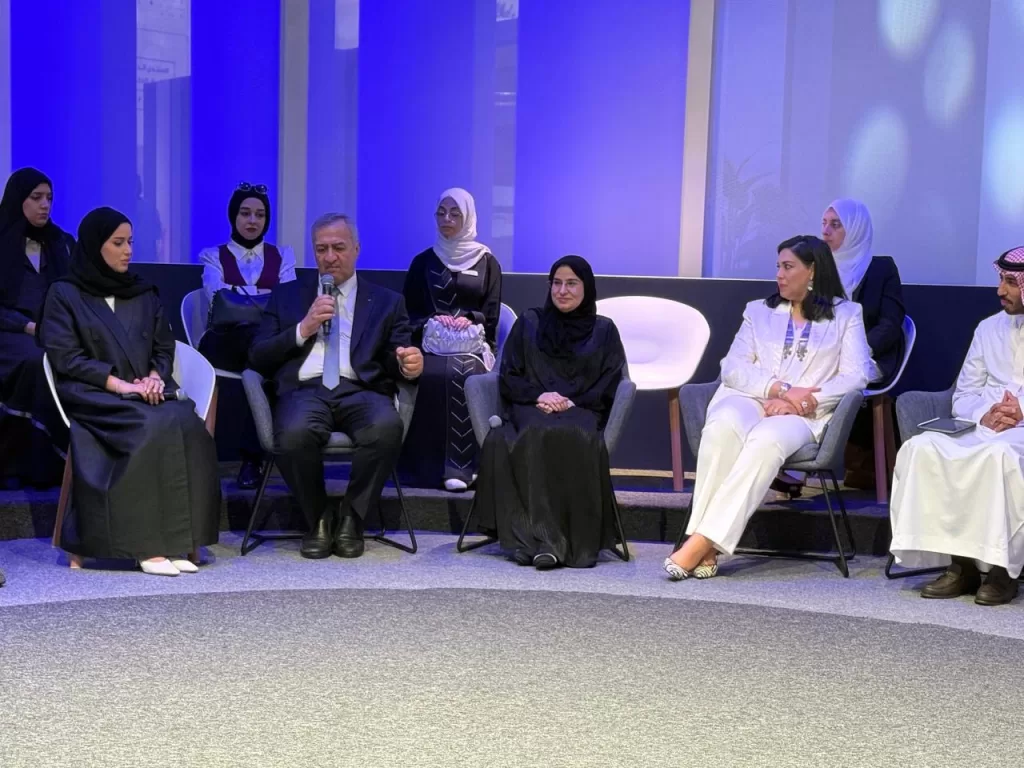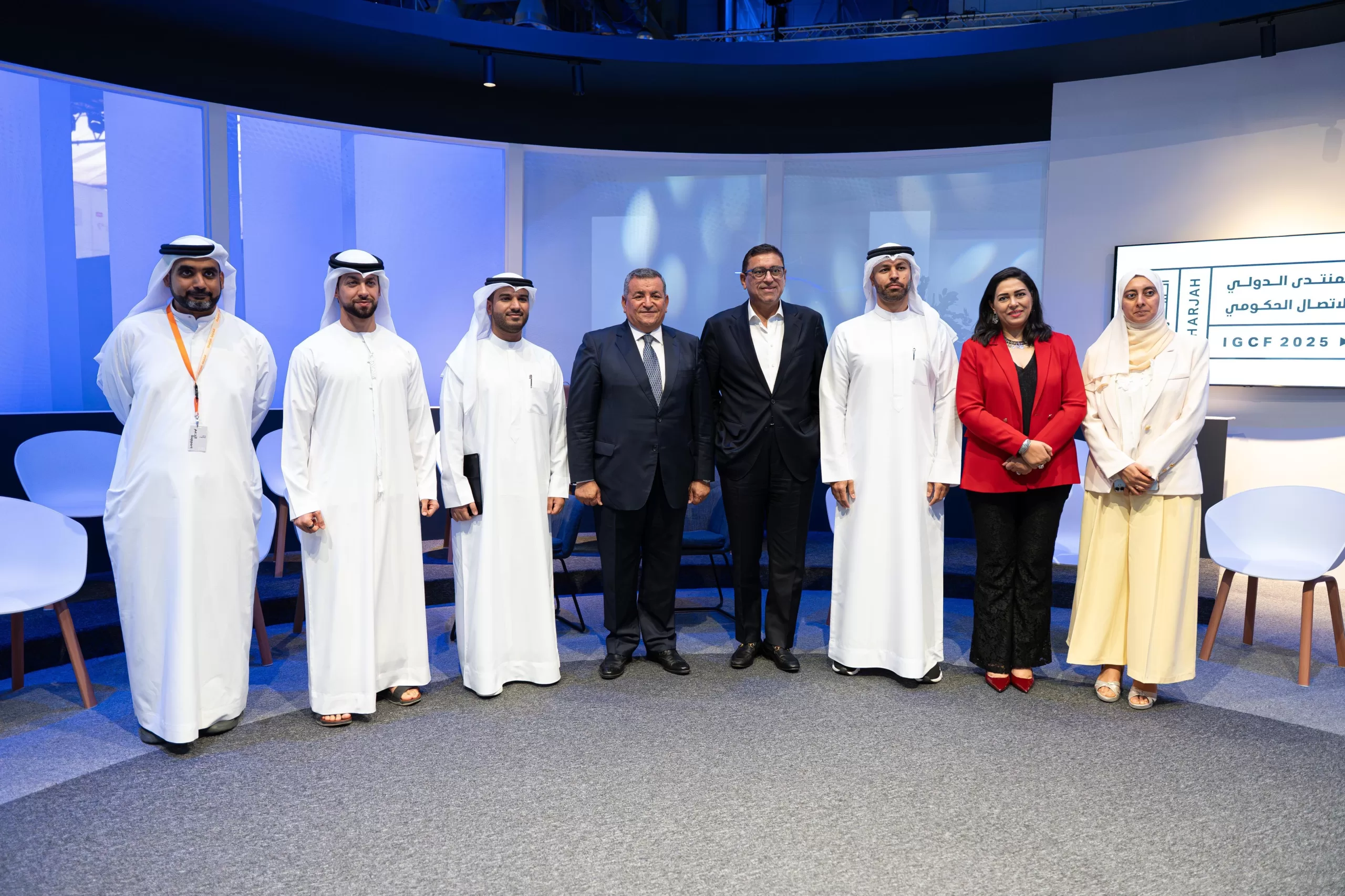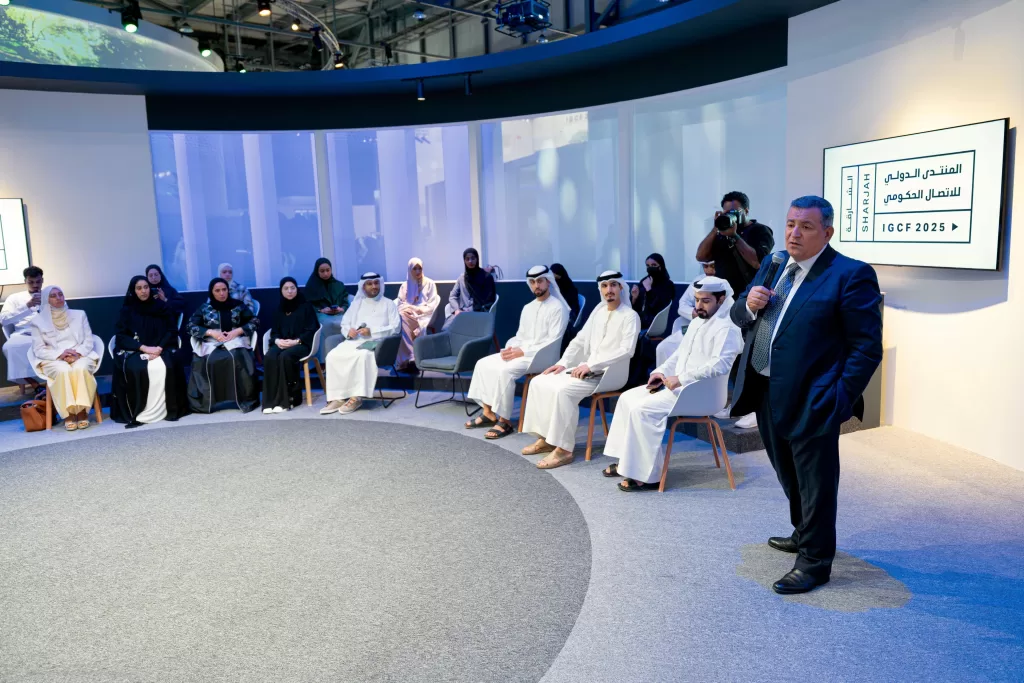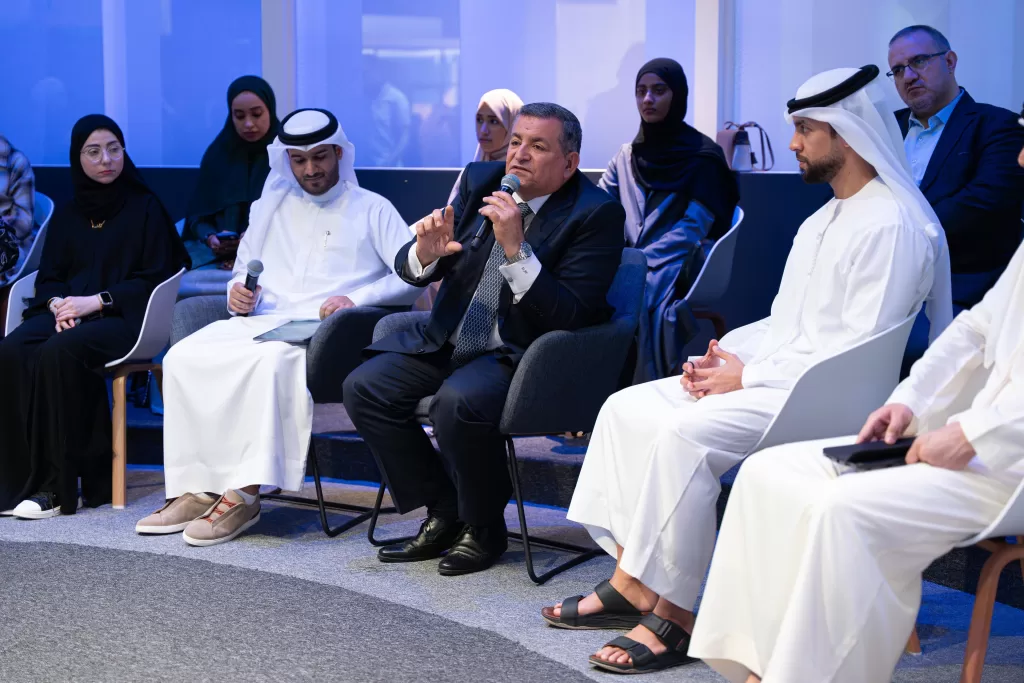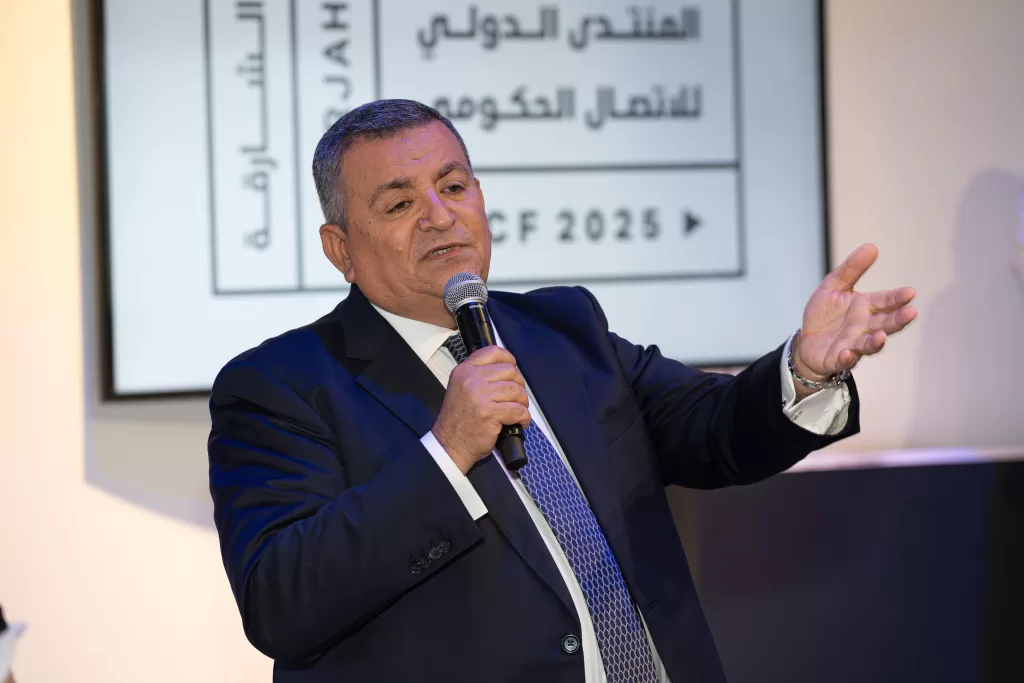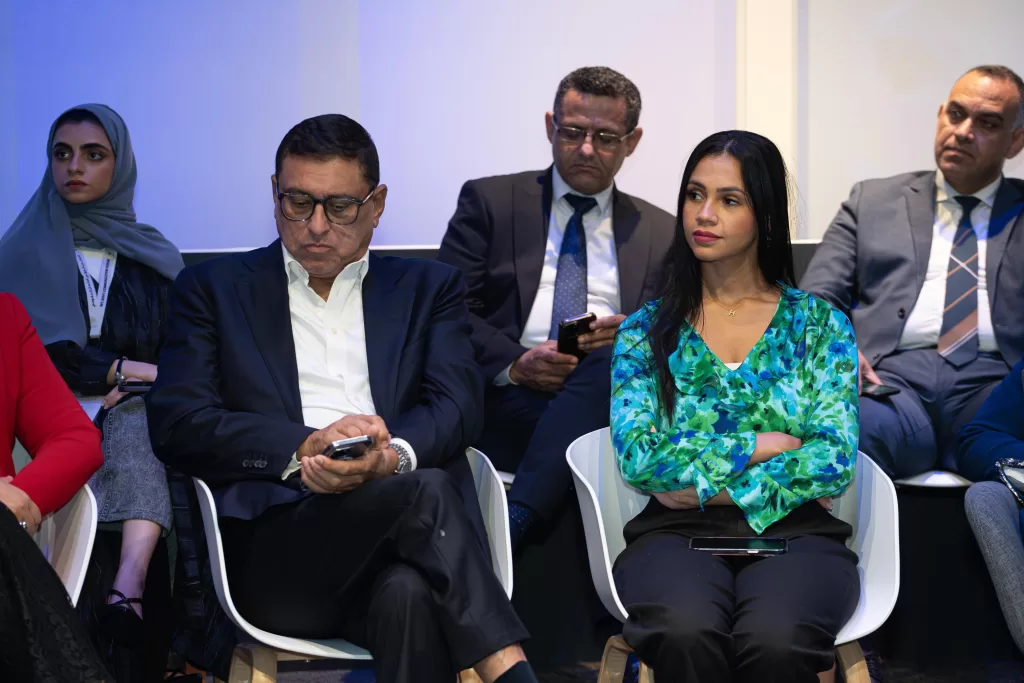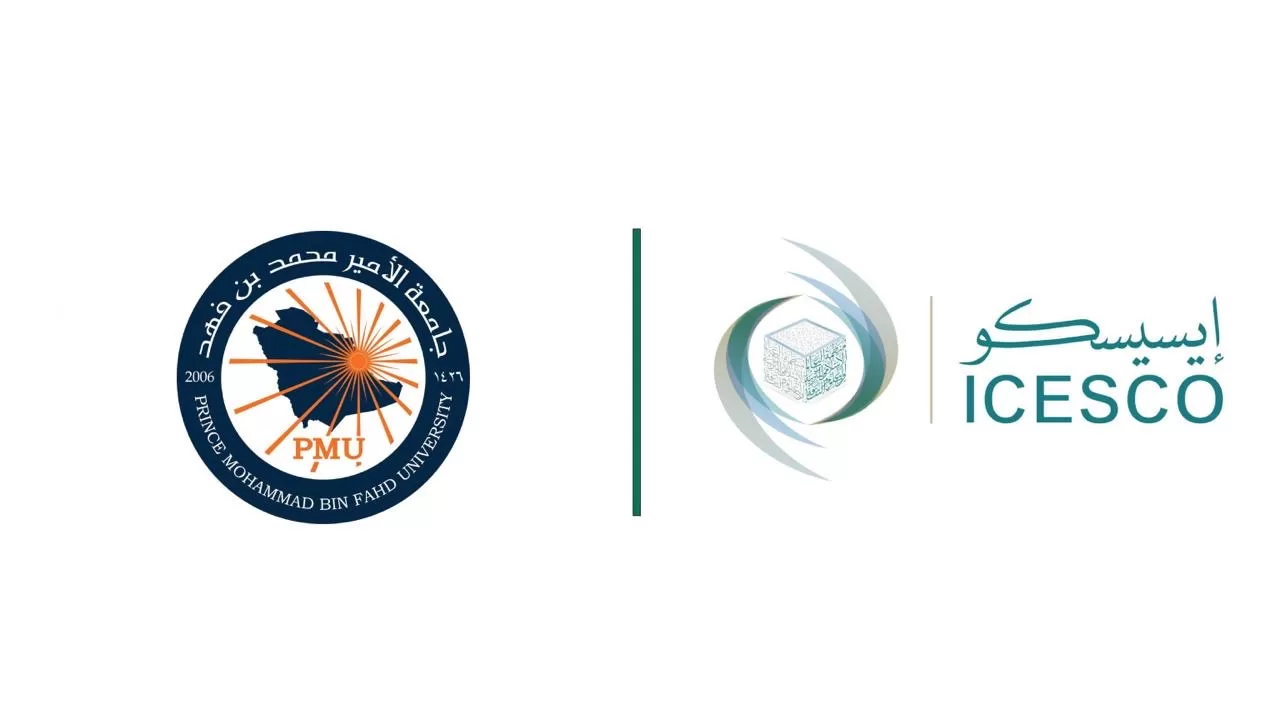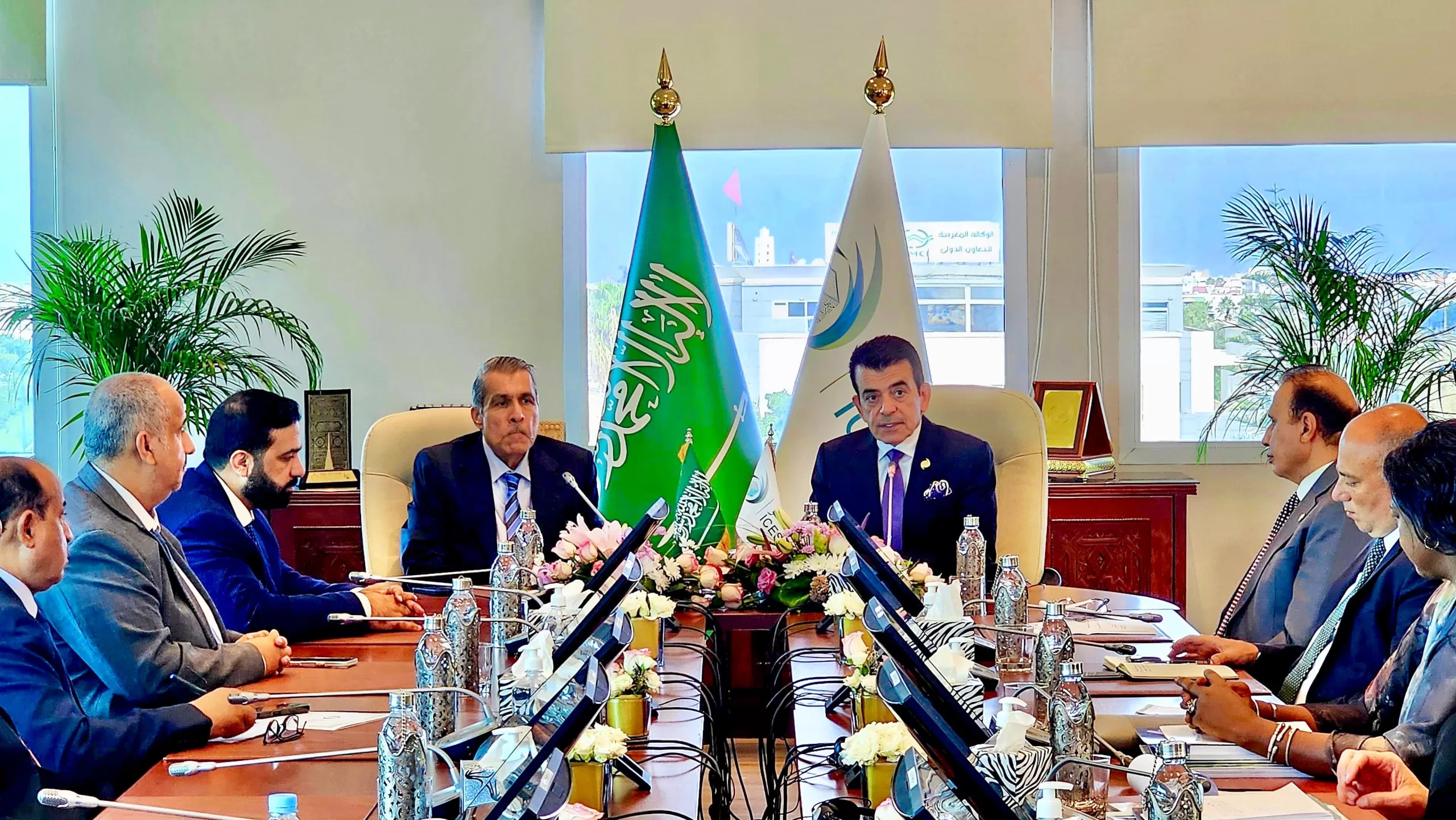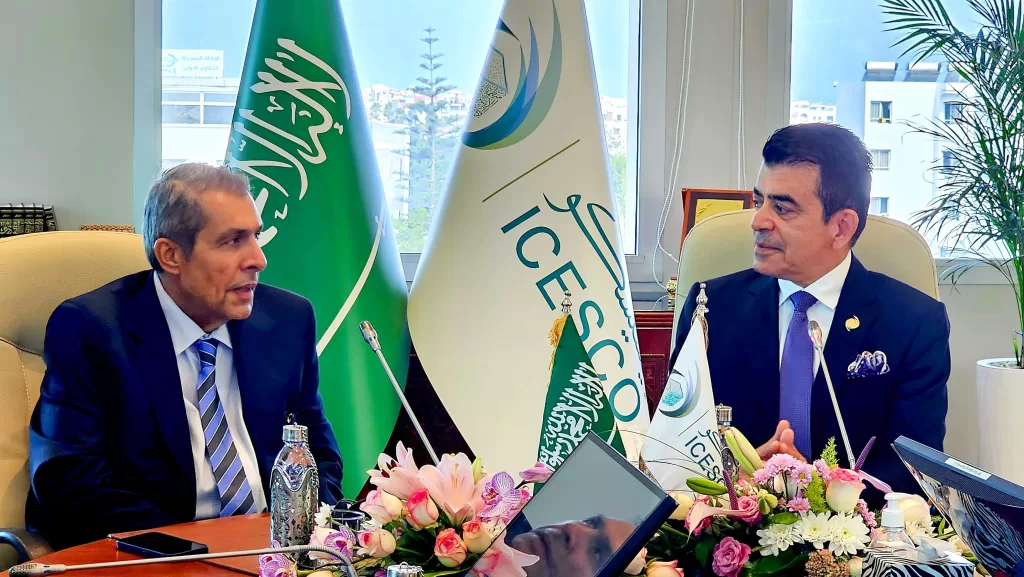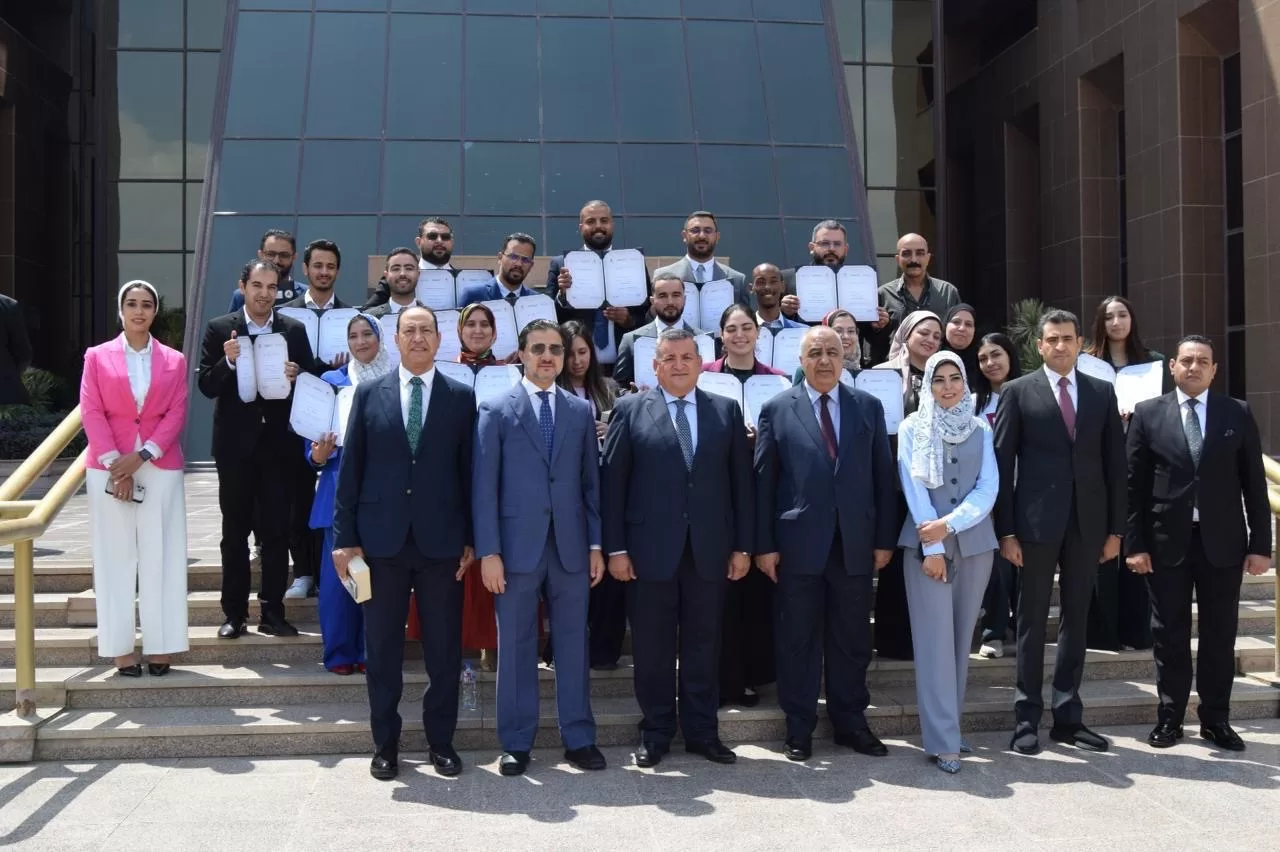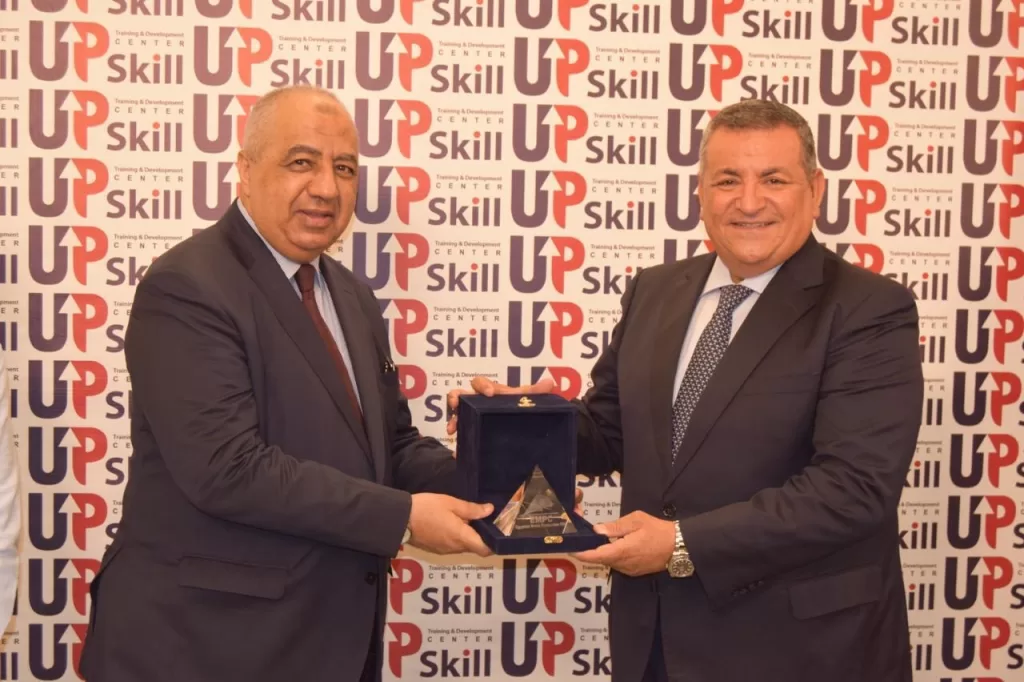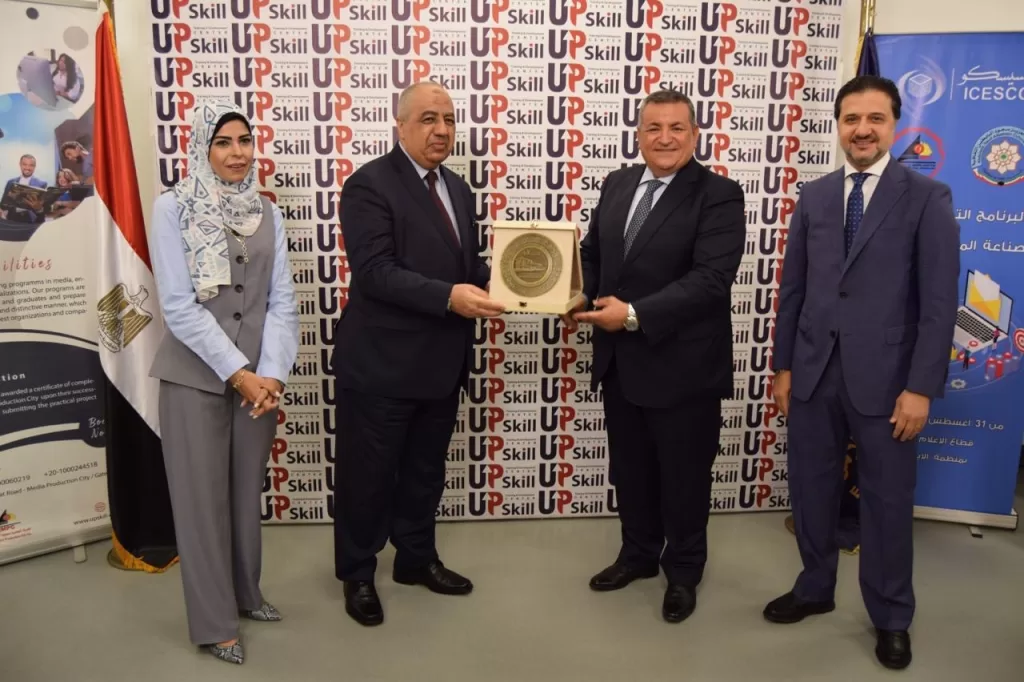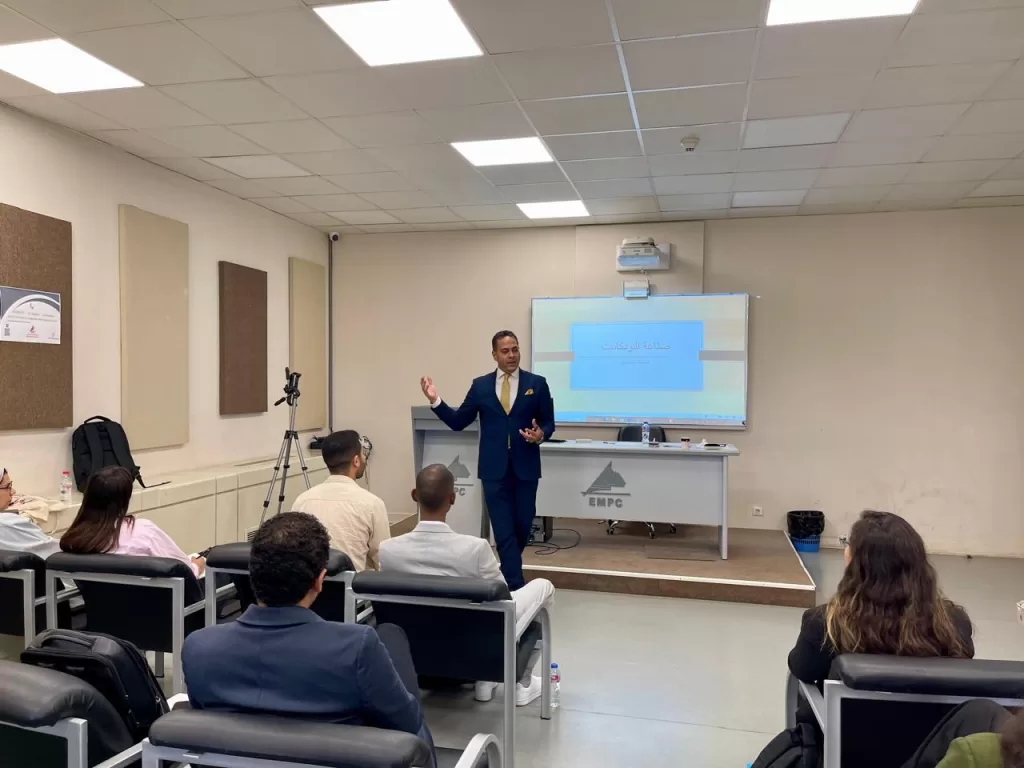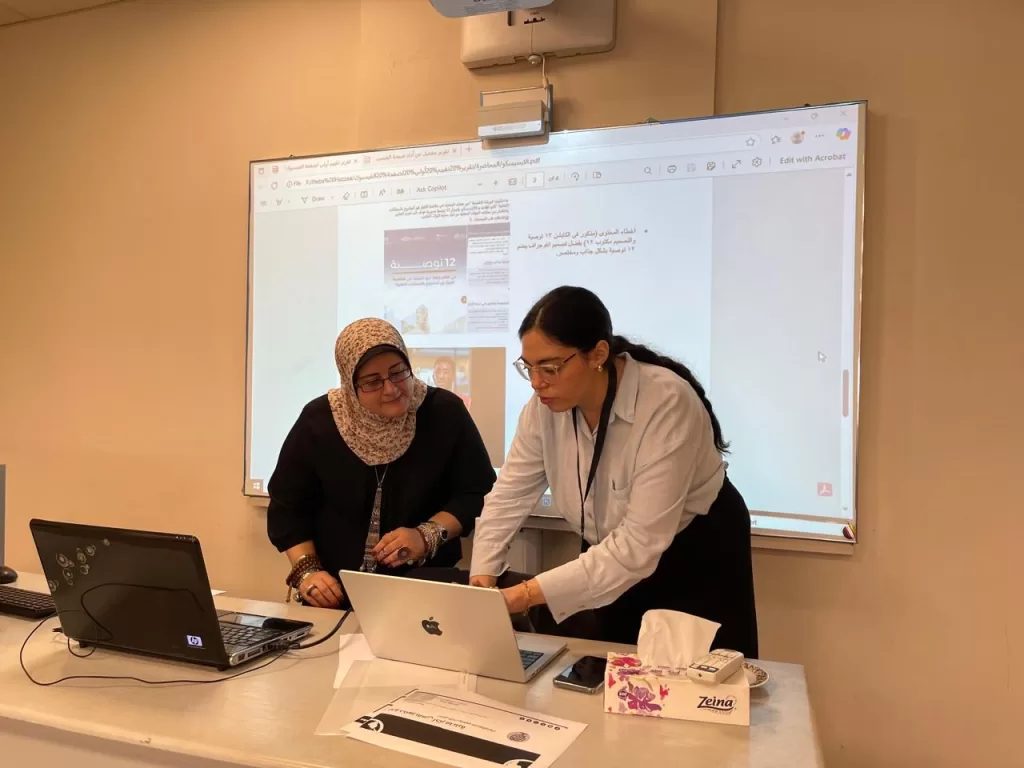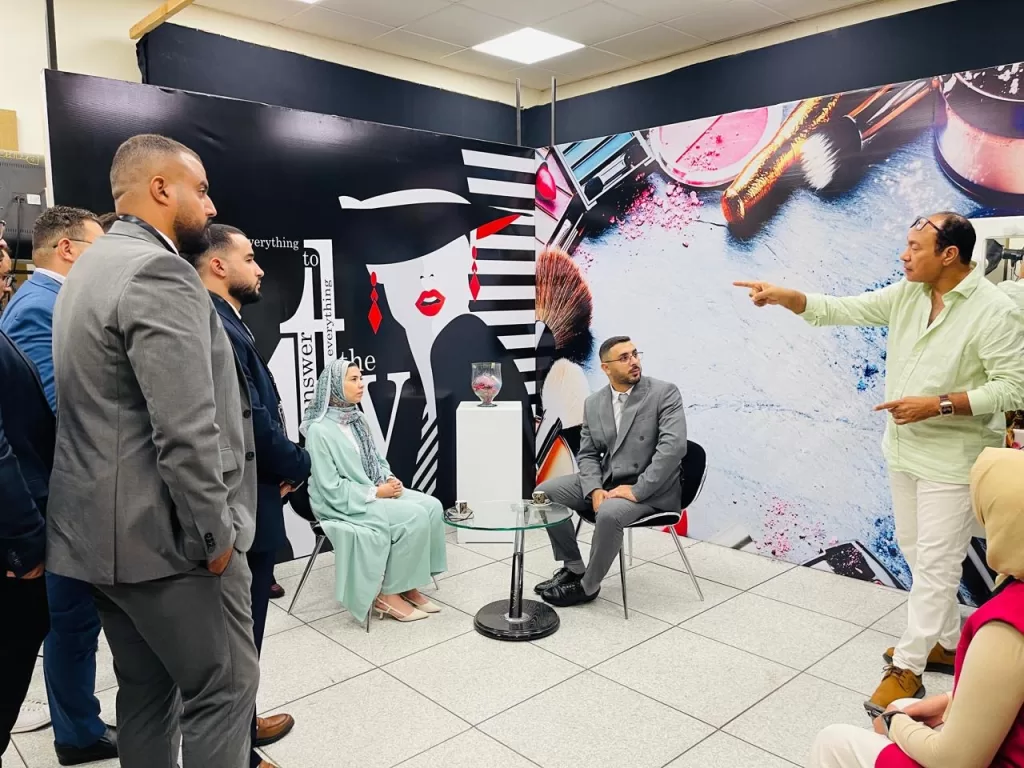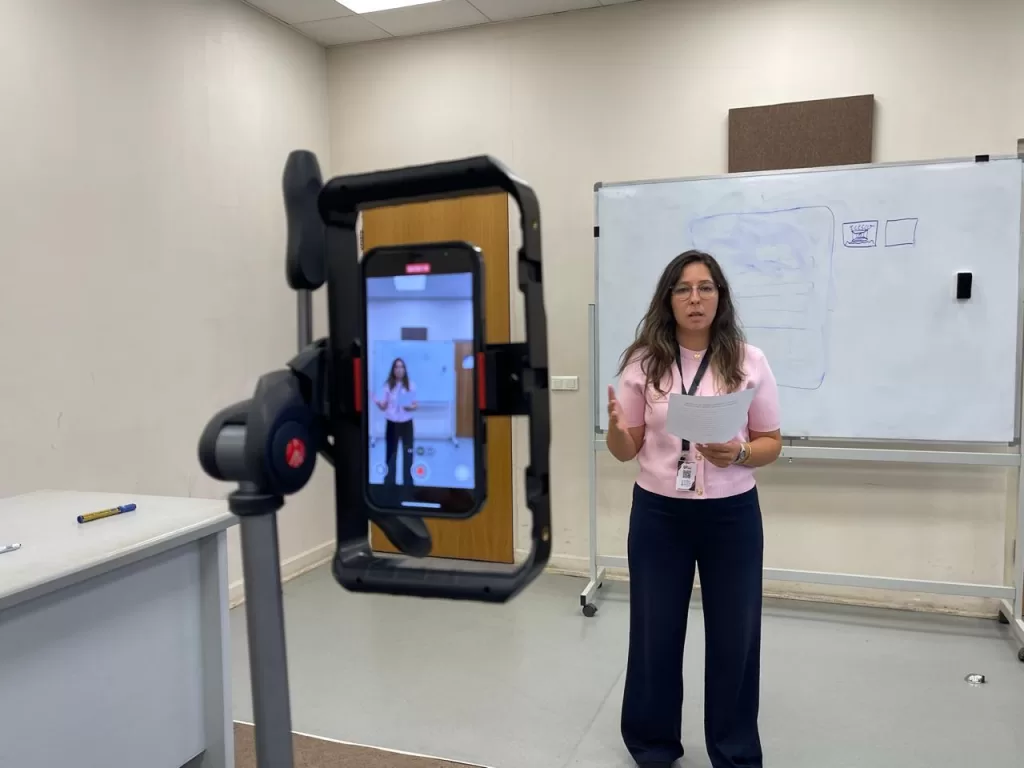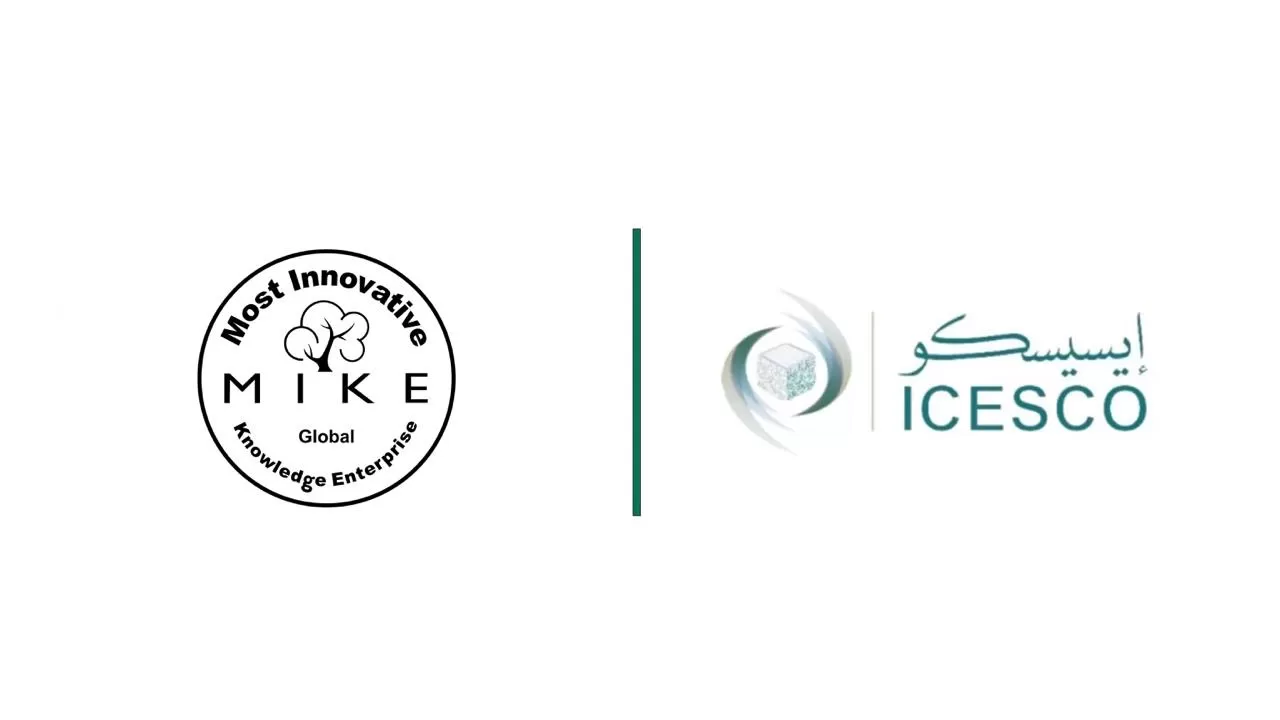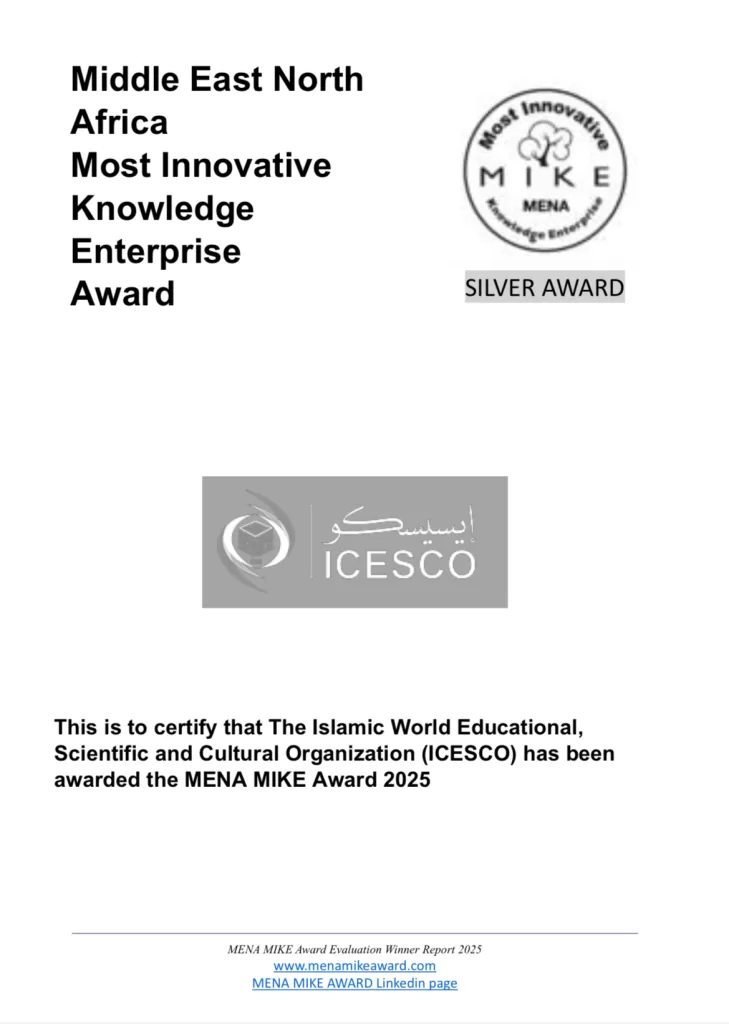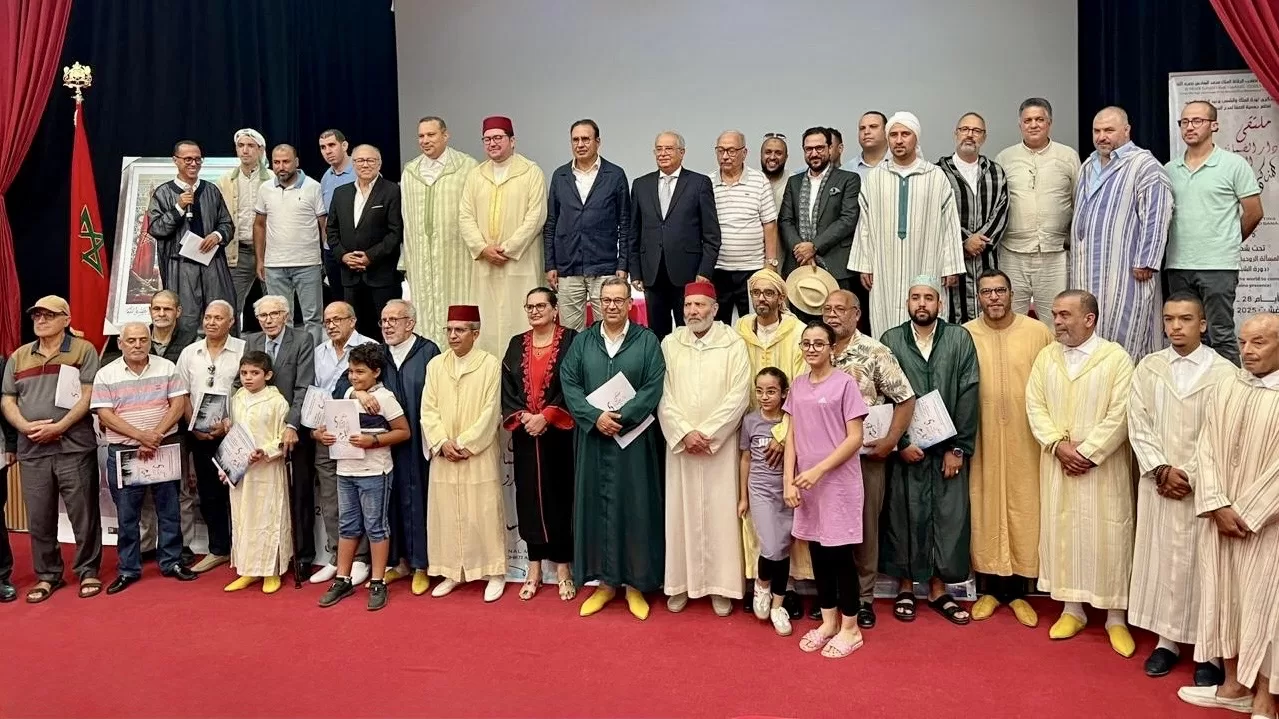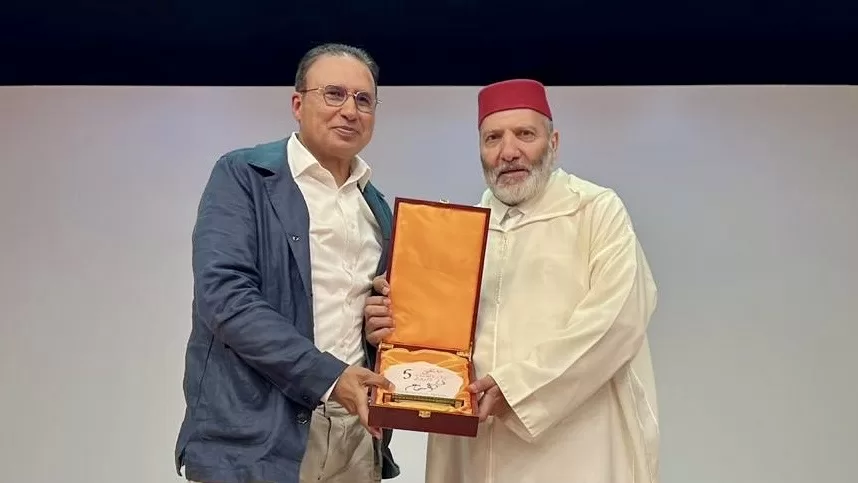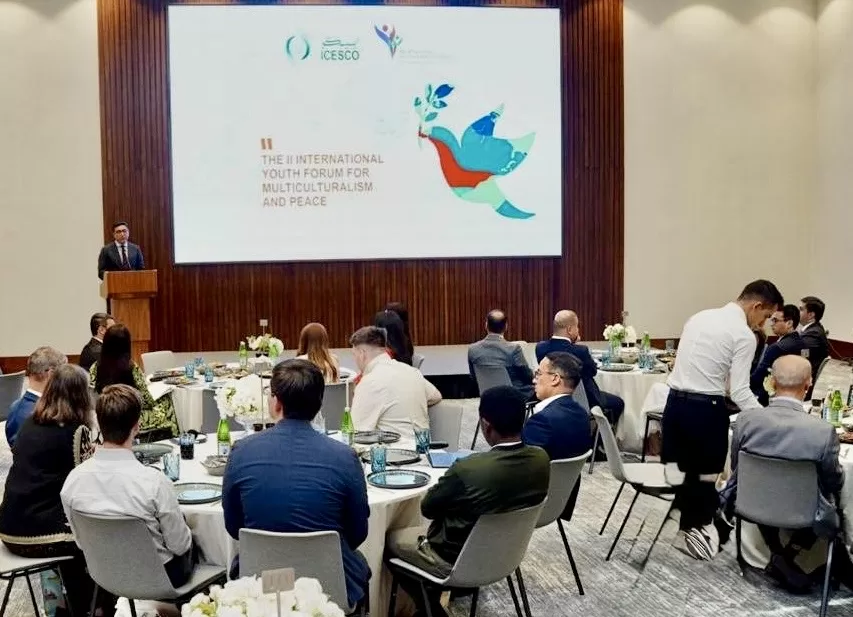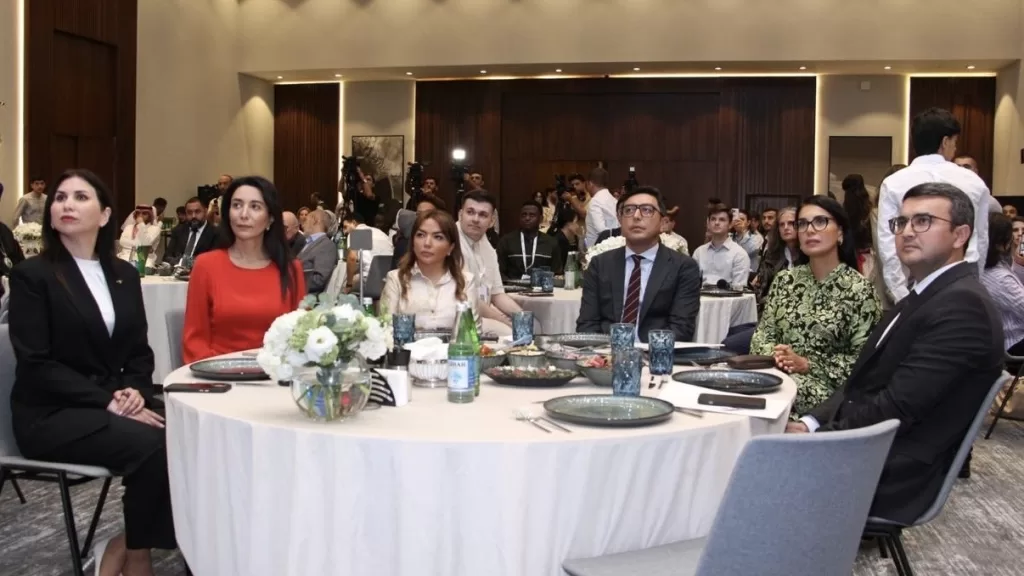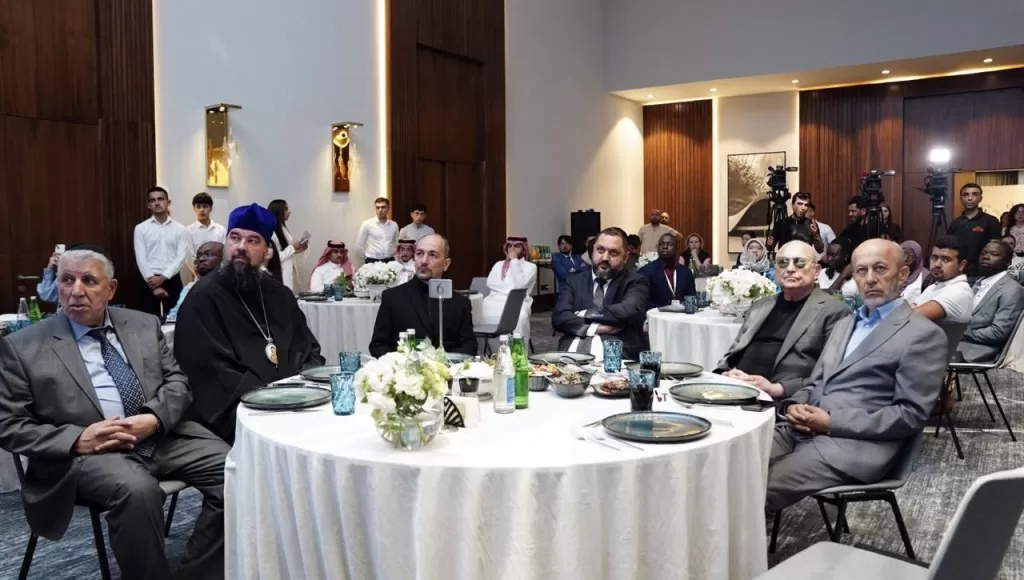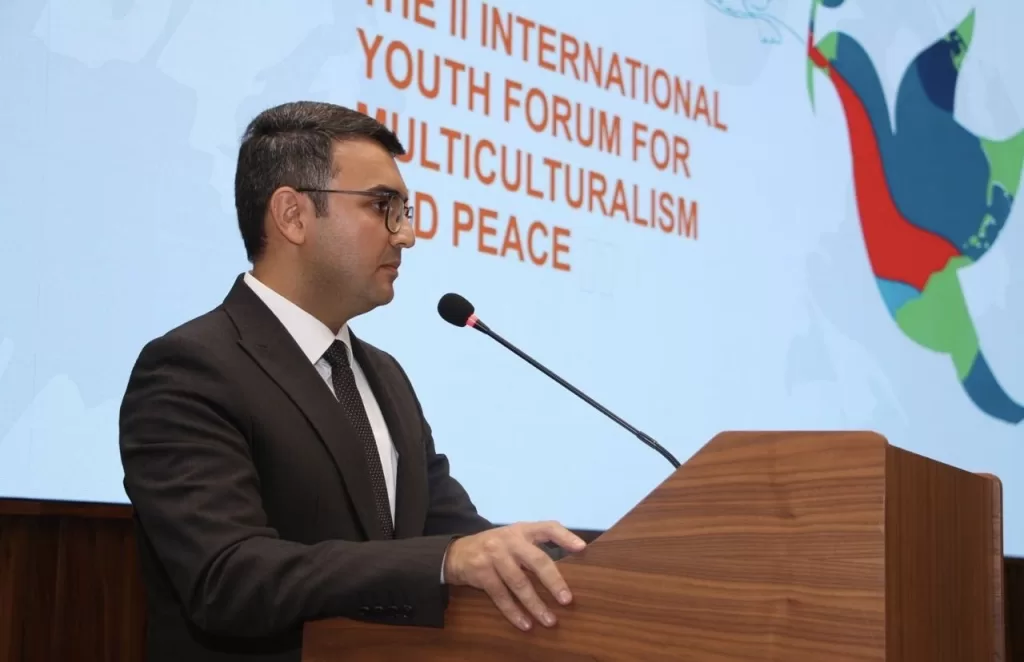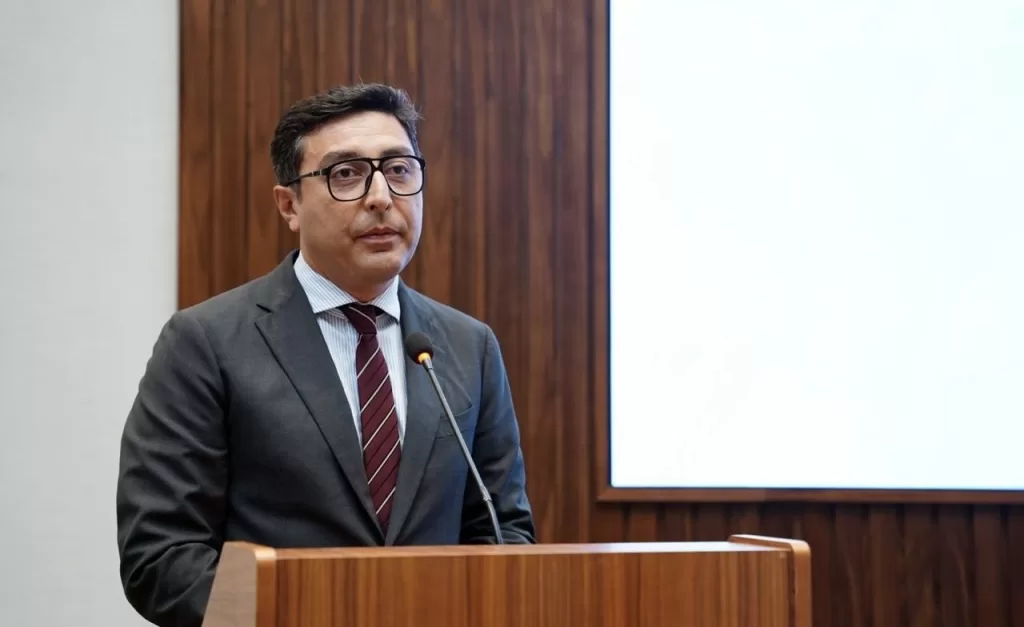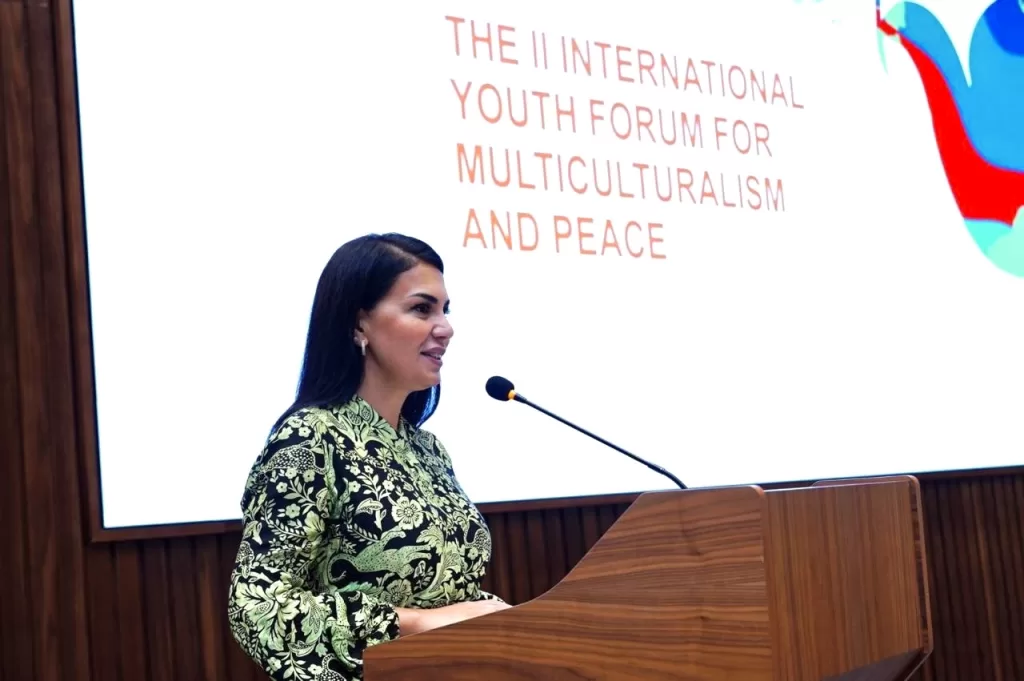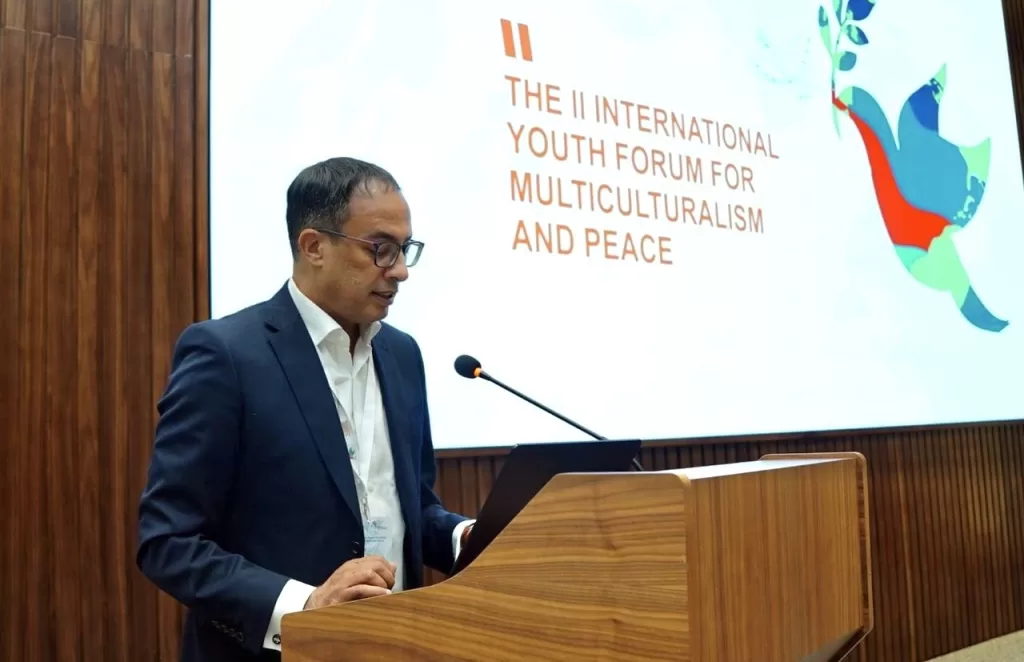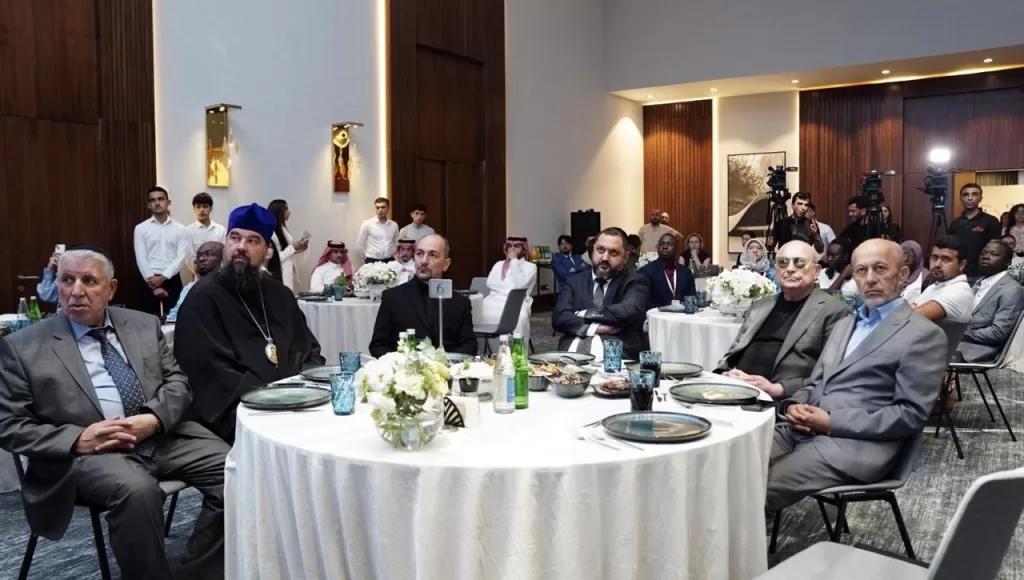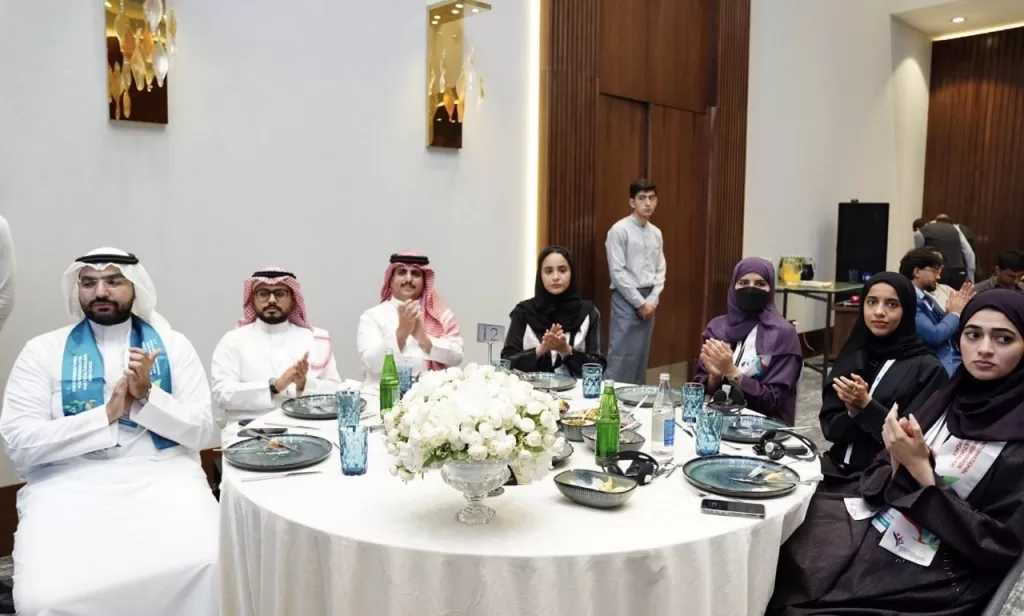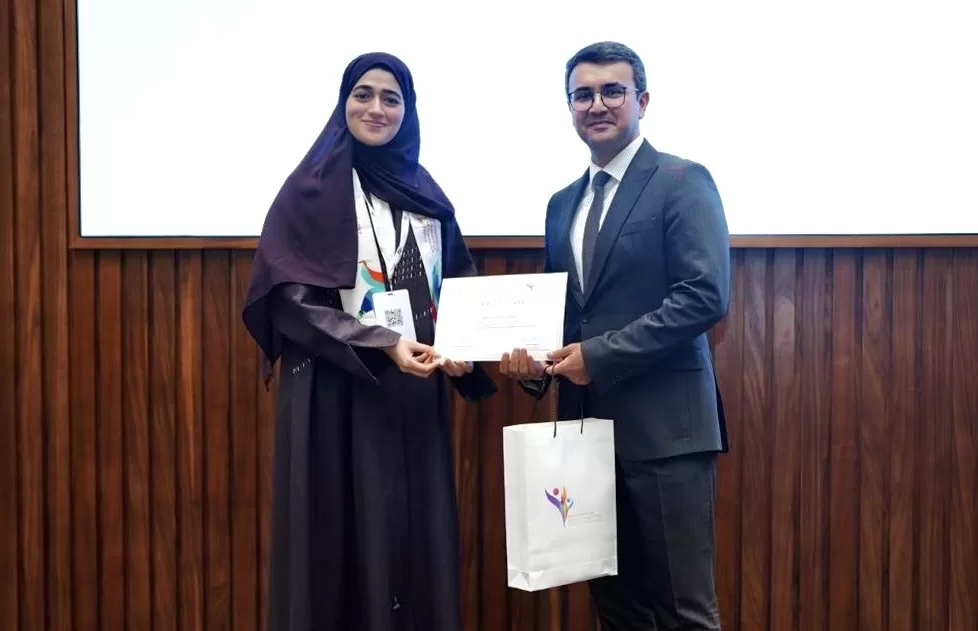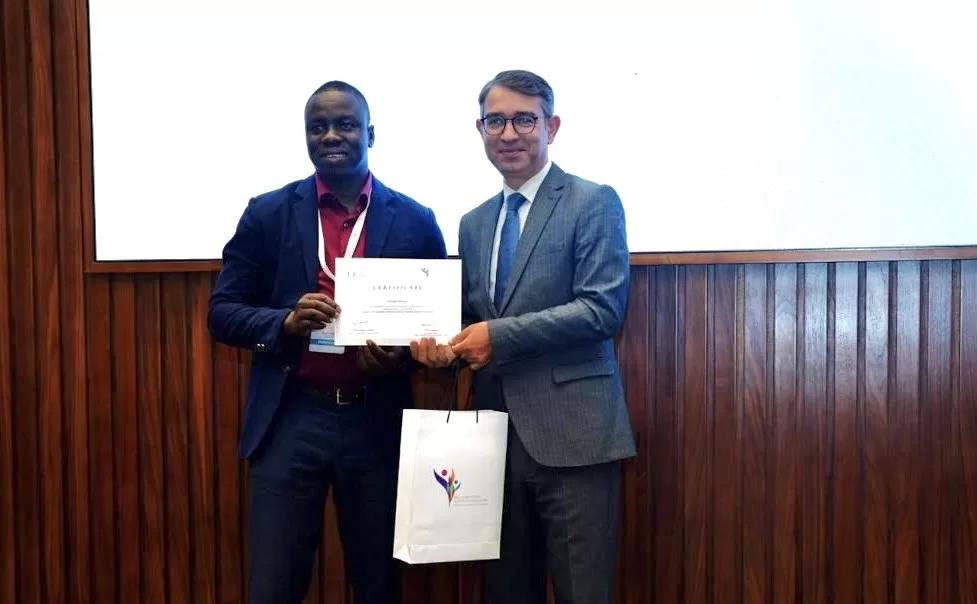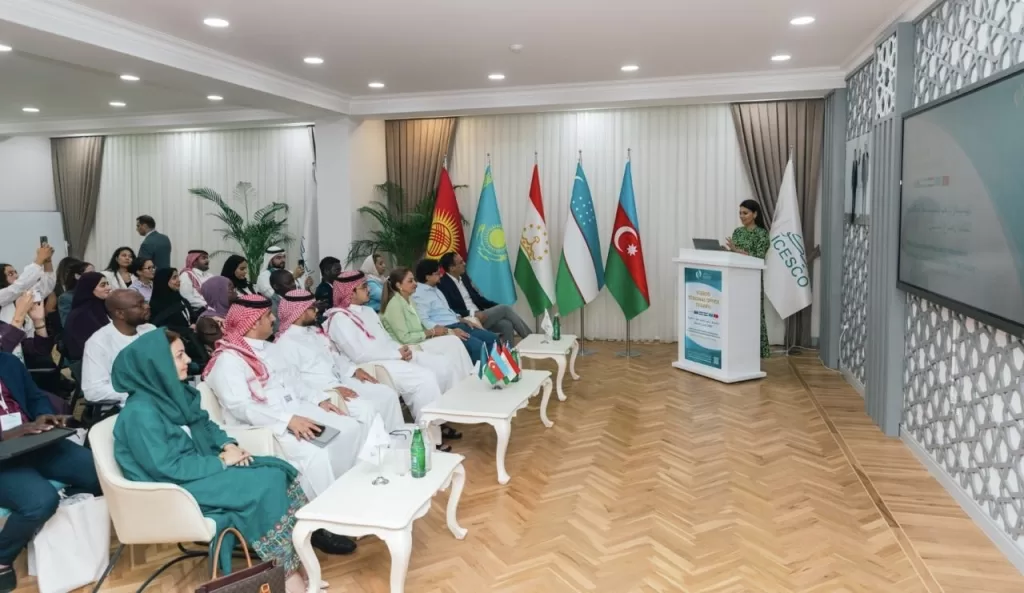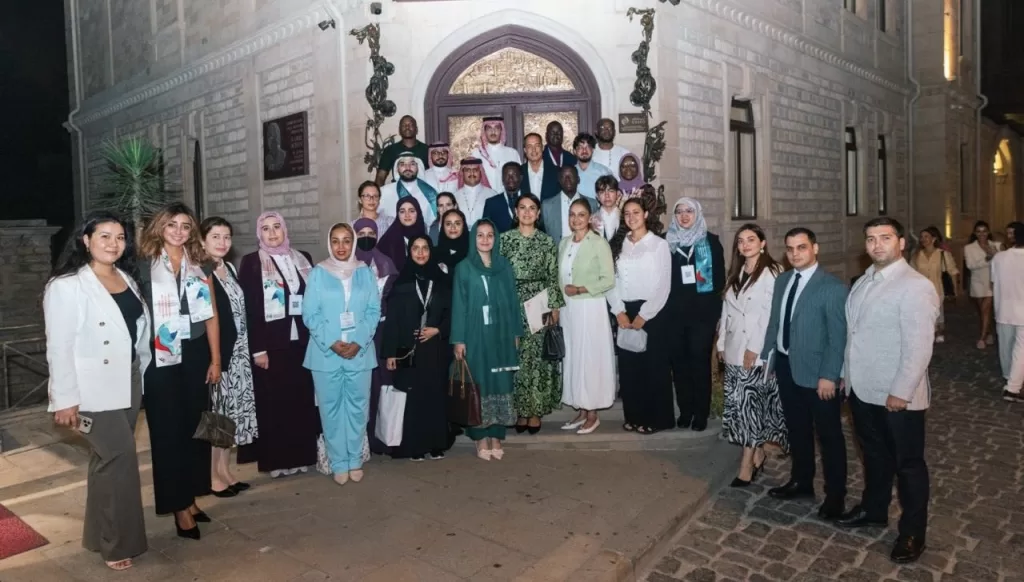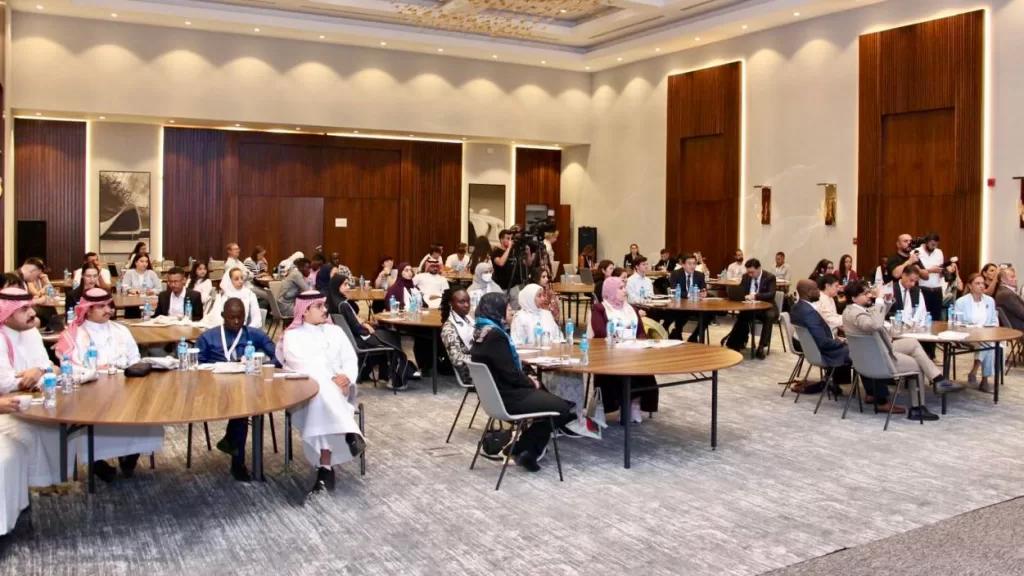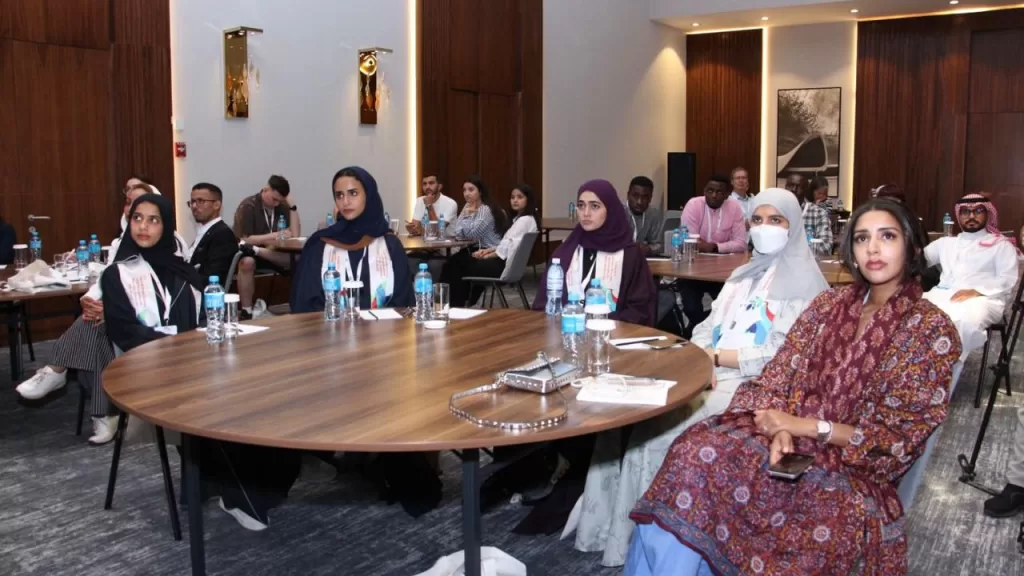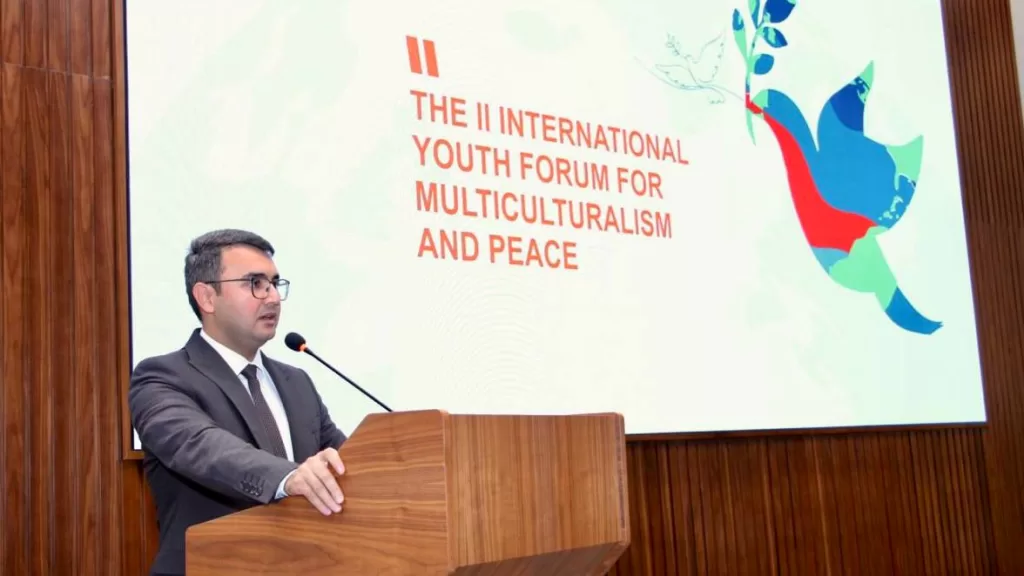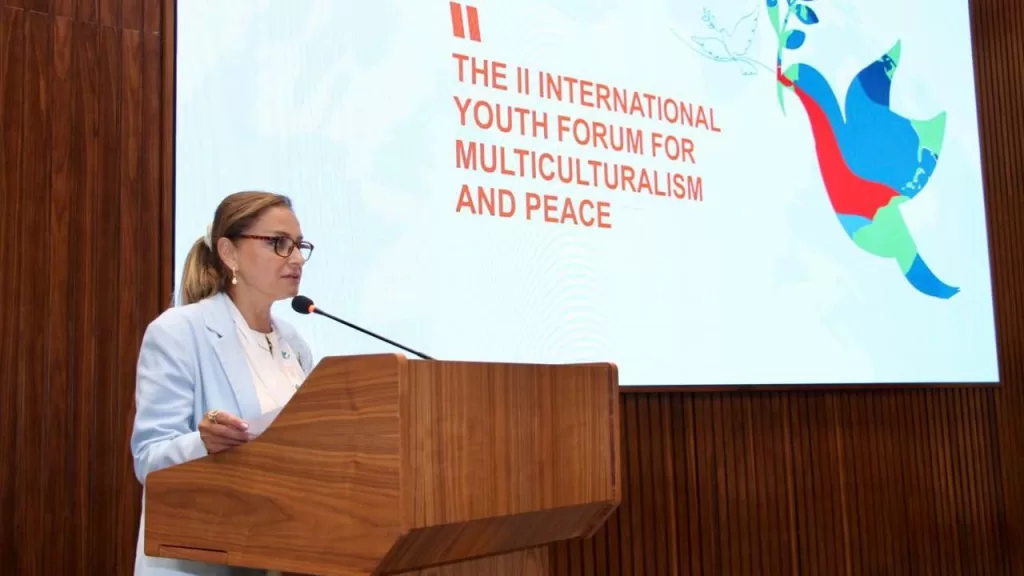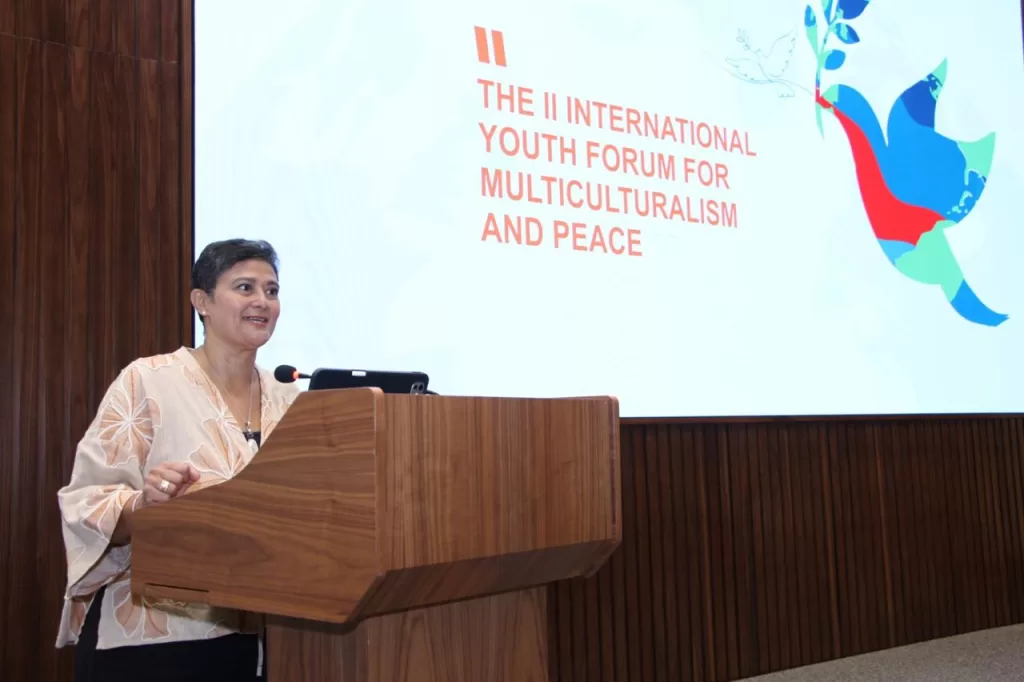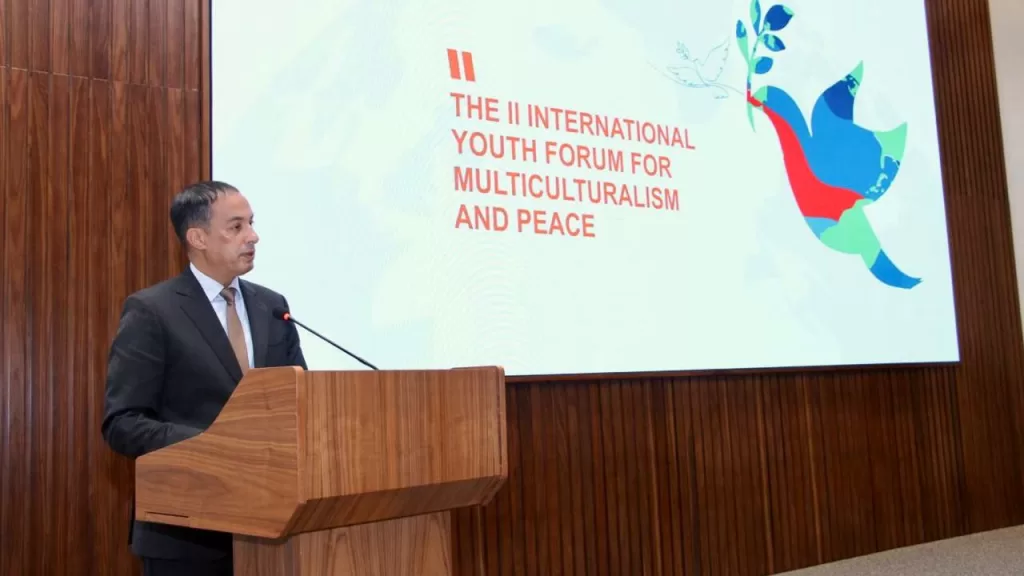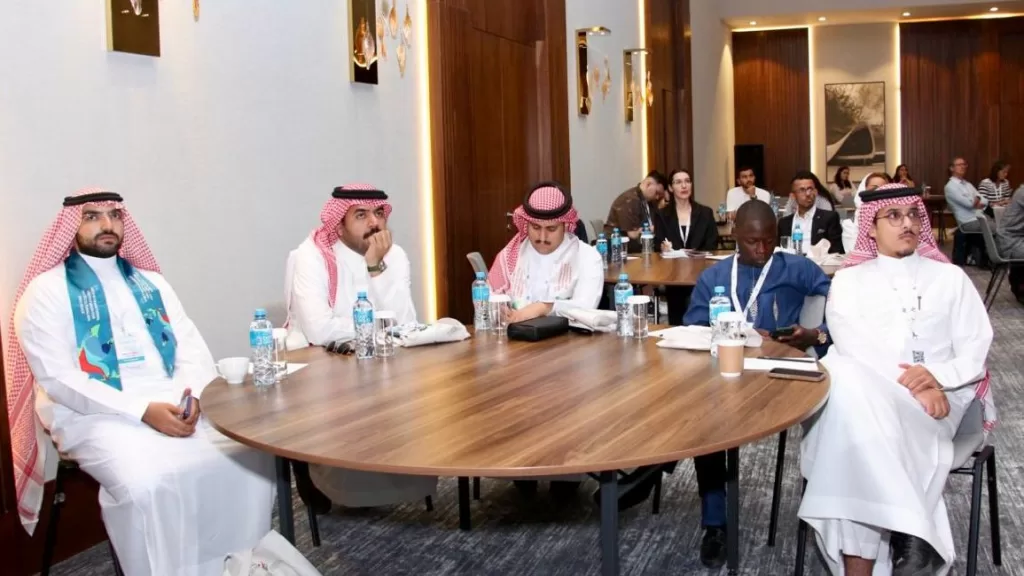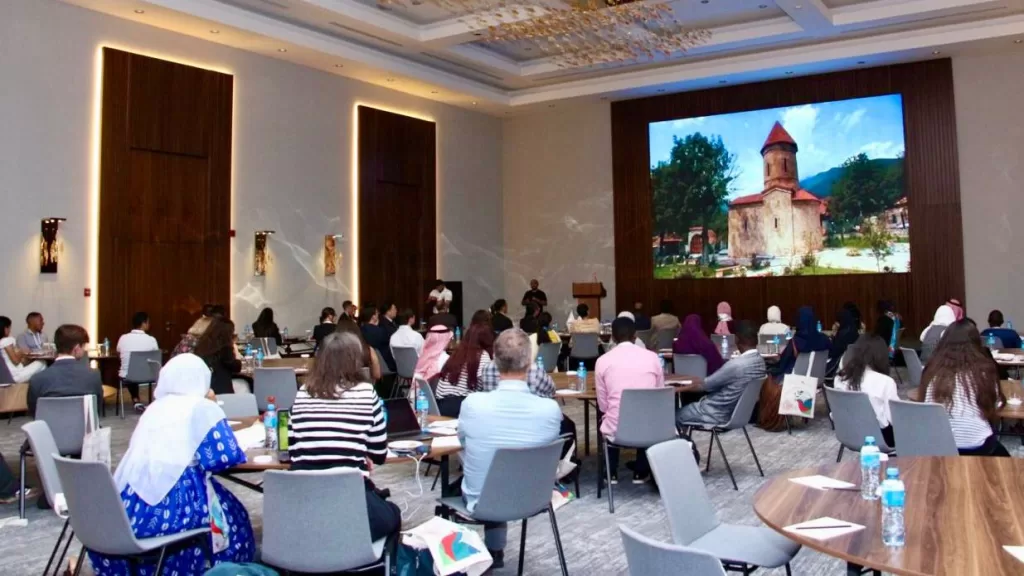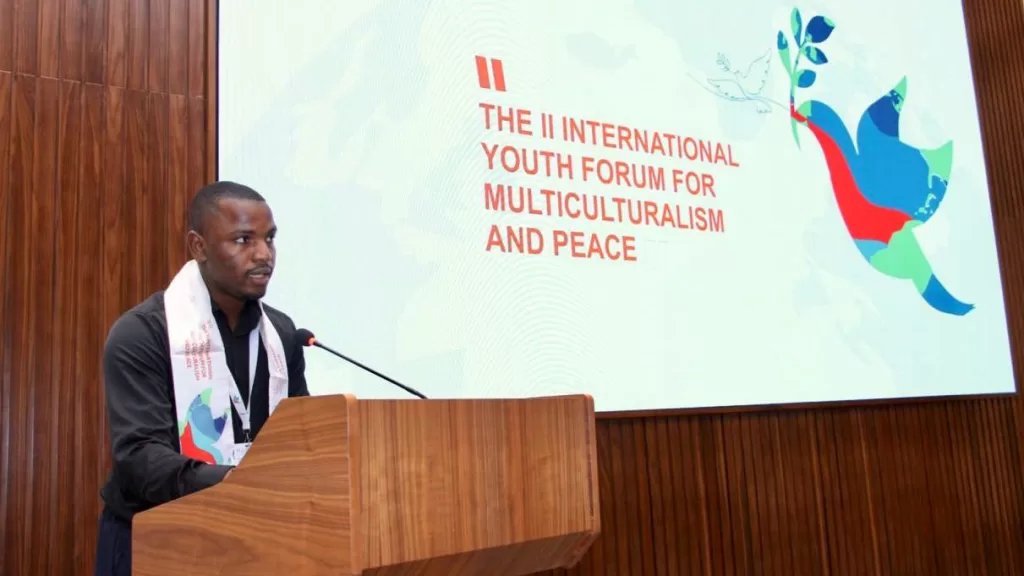The Islamic World Educational, Scientific and Cultural Organization (ICESCO) is participating in the 14th edition of the International Government Communication Forum (IGCF), held at the Sharjah Expo Centre, on 10-11 September 2025.
The Forum is organized by the Sharjah Government Media Bureau, under the patronage of His Highness Sheikh Dr. Sultan bin Muhammad Al Qasimi, Member of the Supreme Council, Ruler of Sharjah. This year’s event brings together 237 speakers from around the world.
ICESCO’s delegation includes Mr. Osama Heikal, Head of Media and Communication Sector; Ms. Sally Mabrouk, Director of the Director-General’s Office, Supervisor of the Strategy and Institutional Excellence Sector; and Ms. Mina Elfaiz, Governance, Compliance and Risk Management Officer at the Sector.
On the Forum’s first day, Mr. Osama Heikal participated in a panel discussion titled “Quality of Life and Government Communication at the Heart of Crises.” In his address, he stated that the right to accurate and reliable information during a crisis is not a luxury but a fundamental human right and a true measure of institutional maturity.
Mr. Heikal explained that misinformation has become a pollutant threatening public life and social trust. He noted that effective, rapid, and transparent government communication is the first line of defense against information pollution, asserting that “Quality of life begins with quality of information.”
He reviewed several global crises, highlighting their impact on ICESCO Member States and commending successful national experiences in crisis response. These successes, he noted, were achieved through transparent and accurate government discourse that leverages the latest technologies. Mr. Heikal also stressed the importance of a media narrative that elucidates policy decisions by transforming them into humanitarian messages, ensuring fairness and involving citizens in the decision-making process.
Furthermore, the Head of Media and Communication Sector highlighted the critical role of artificial intelligence in helping governments analyze big data to quickly monitor citizens’ needs, measure the impact of official discourse, and adapt strategies accordingly.
The session was moderated by Emirati media professional Youssef Al Hammadi. Other participants included Mr. Khaled El-Balshy, President of the Egyptian Journalists Syndicate; Mr. Moataz El Demerdash, Senior Media Professional; Mr. Alaa Alghatrifi, Editor-in-Chief of Al-Masry Al-Youm newspaper; and Mr. Salem Omar Salem, Director of the ICESCO Regional Office in Sharjah.
On Thursday, September 11, Ms. Sally Mabrouk is scheduled to participate in a session entitled “Communicative Governance for Building Sustainable Lifestyles.” She will discuss ICESCO’s efforts to support its Member States in developing integrated national communication models and its role in establishing ethical benchmarks for institutional communication across the Islamic world.
Held under the theme “Communication for Quality of Life,” the Forum features 51 panel discussions addressing the future of food security, public health, education, the green economy, and sustainability, alongside more than 110 other events.

